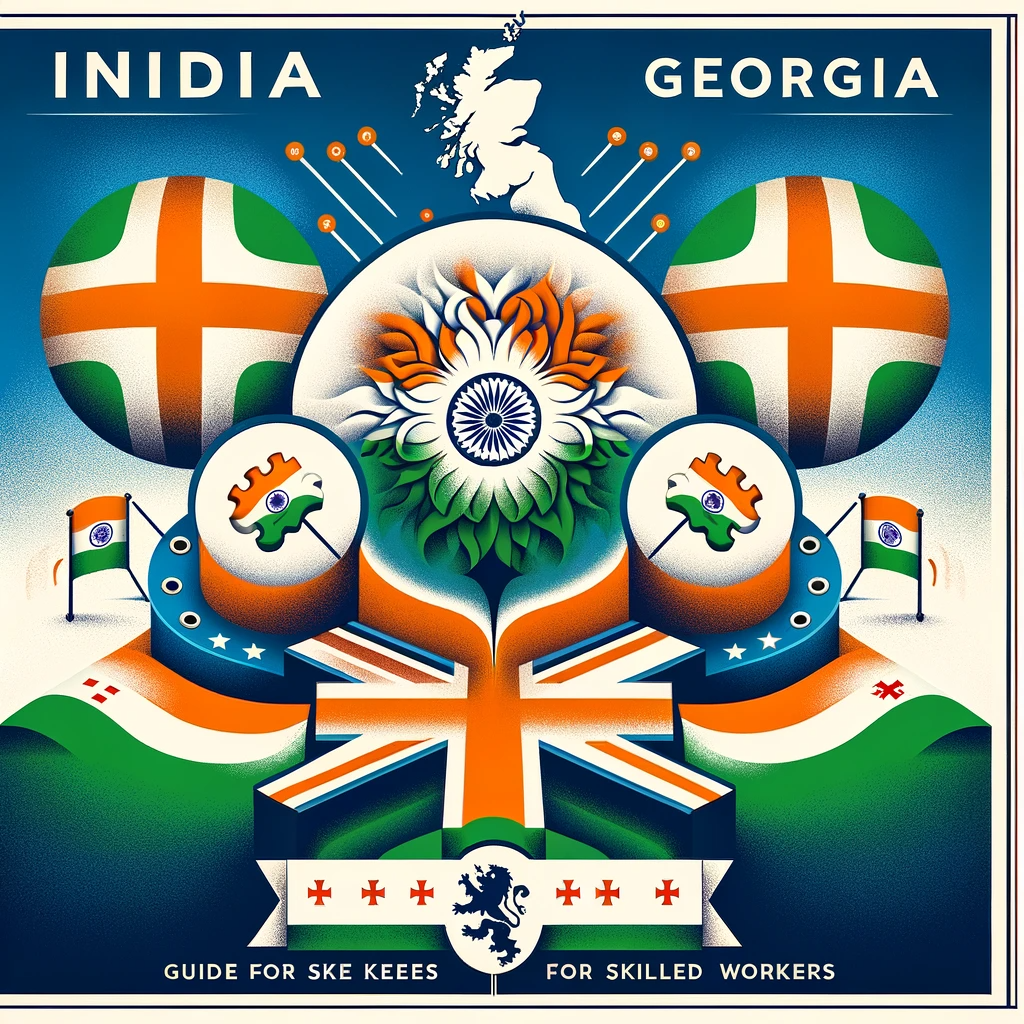
The highly respected annual country reports on human rights practices published by the U.S. Department of State finds that significant human rights concerns exist in both India and Georgia.
In its latest annual report on India published this March, the U.S. Department of State said: "Significant human rights issues included credible reports of: unlawful and arbitrary killings, including extrajudicial killings by the government or its agents; torture or cruel, inhuman, or degrading treatment or punishment by police and prison officials; harsh and life-threatening prison conditions; arbitrary arrest and detention; political prisoners or detainees; arbitrary or unlawful interference with privacy; restrictions on freedom of expression and media, including violence or threats of violence, unjustified arrests or prosecutions of journalists, and enforcement of or threat to enforce criminal libel laws to limit expression; restrictions on internet freedom; interference with the freedom of peaceful assembly and freedom of association; restrictions on freedom of movement and on the right to leave the country; refoulement of refugees; serious government corruption; harassment of domestic and international human rights organisations; lack of investigation of and accountability for gender-based violence, including domestic and intimate partner violence, sexual violence, workplace violence, child, early, and forced marriage, femicide, and other forms of such violence; crimes involving violence or threats of violence targeting members of national/racial/ethnic and minority groups based on religious affiliation, social status or sexual orientation; crimes involving violence or threats of violence targeting lesbian, gay, bisexual, transgender, queer, and intersex persons; and existence of forced and compulsory labor."
The U.S. Department of State's latest annual report on Georgia says: "Significant human rights issues included credible reports of: torture or inhuman, cruel, or degrading treatment; arbitrary arrest or incarcerations; serious problems with the independence of the judiciary, along with investigations and prosecutions widely considered to be politically motivated; arbitrary or unlawful interference with privacy; serious restrictions on freedom of expression and media, including violence and threats of violence against journalists; substantial interference with the freedom of peaceful assembly and freedom of association; refoulement; and crimes involving violence or threats of violence targeting lesbian, gay, bisexual, transgender, queer, and intersex persons and activists."
The Refugee Council said on X, formerly Twitter, that adding India and Georgia to the safe list was another example of the Government trying to exclude more and more people from the asylum system. "They should be focusing on running an asylum system that gives people a fair hearing in the UK, making decisions in months not years," the Refugee Council added.